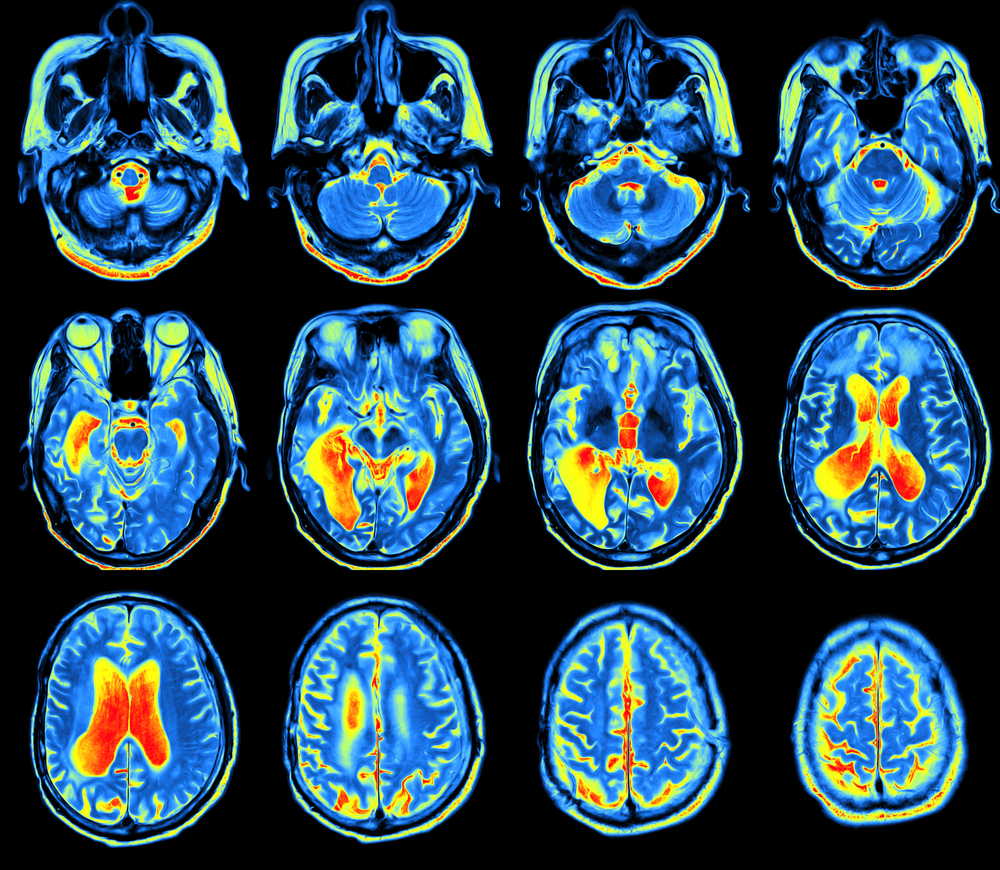Neurocrine, Voyager Collaborating on VY-FXN01 Gene Therapy for Friedreich’s Ataxia
Written by |

Neurocrine Biosciences and Voyager Therapeutics have formed an alliance in hopes of bringing potentially life-changing treatments to market for Friedreich’s ataxia (FA) and Parkinson’s disease.
The collaboration is aimed at developing and commercializing Voyager’s gene therapy programs, including VY-FXN01 for Friedreich’s and VY-AADC for Parkinson’s. The deal also includes rights to two as-yet undetermined programs.
It combines Neurocrine’s expertise in neuroscience, commercialization, and treatment development with Voyager’s novel gene therapy programs for serious neurological disorders.
“We are excited to collaborate with Voyager to advance our shared mission to discover and develop medicines that can benefit the lives of people with serious neurological disorders,” Kevin Gorman, PhD, Neurocrine Biosciences’ CEO, said in a press release.
“The partnership with Voyager allows us to expand our clinical development pipeline addressing neurological disorders, leverage Voyager’s expertise in [central nervous system]-focused gene therapy, and develop potential treatments for diseases such as Parkinson’s disease and Friedreich’s ataxia, which have significant unmet needs.”
Join our forums and be part of the Friedreich’s Ataxia’s News community!
Friedreich’s ataxia is an inherited disorder that causes progressive nervous system damage and movement problems. It’s caused by a genetic mutation of the FXN gene, responsible for producing a protein called frataxin. Frataxin is crucial for healthy muscles and nerves. FA patients don’t make enough of it, leading to neuron degeneration.
Voyager’s gene therapy program uses a harmless virus called adeno-associated virus (AAV) as a vehicle to transport genes into cells and foster their expression. According to Voyager’s website, the company believes that by using investigational AAV gene therapy, FXN protein levels can be restored in FA patients to 50 percent of normal levels. The hope is that the approach ultimately improves movement abilities.
VY-FXN01, which aims to deliver a healthy gene copy to the body, has not yet been studied in clinical trials, but is advancing through preclinical studies.
Terms of the agreement call for Voyager to receive $165 million upfront, plus funding for ongoing development of both programs, and up to $1.7 billion in prospective development, regulatory, and commercial milestone payments across the four programs. Neurocrine gains commercialization and development rights and has agreed to provide funding through Phase 1 development of Vy-FXN01 after which Voyager can choose to co-commercialize the therapy with Neurocrine or give Neurocrine full global commercial rights.
“This is a transformational collaboration for Voyager that greatly enhances our efforts towards becoming the leading, fully integrated gene therapy company focused on severe neurological diseases while allowing us to continue to invest in our additional pipeline programs and platform,” said Andre Turenne, Voyager’s president and CEO.
A replay of a Neurocrine conference call on the collaboration will be available here until March 1.
According to the Friedreich’s Ataxia Research Alliance, about 1 in 50,000 people have the disorder. Current FA treatments include physical and occupational therapy; surgery, in severe cases of scoliosis, swallowing difficulties, and foot deformities; and medicines for symptoms such as heart disease.


